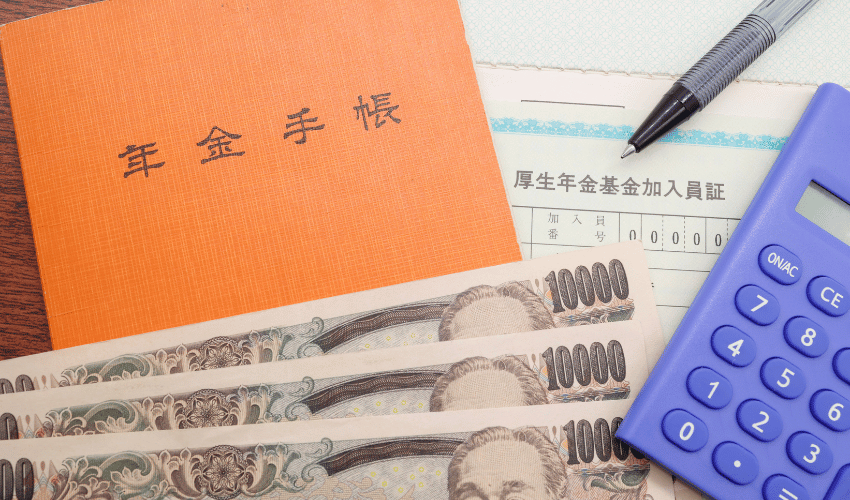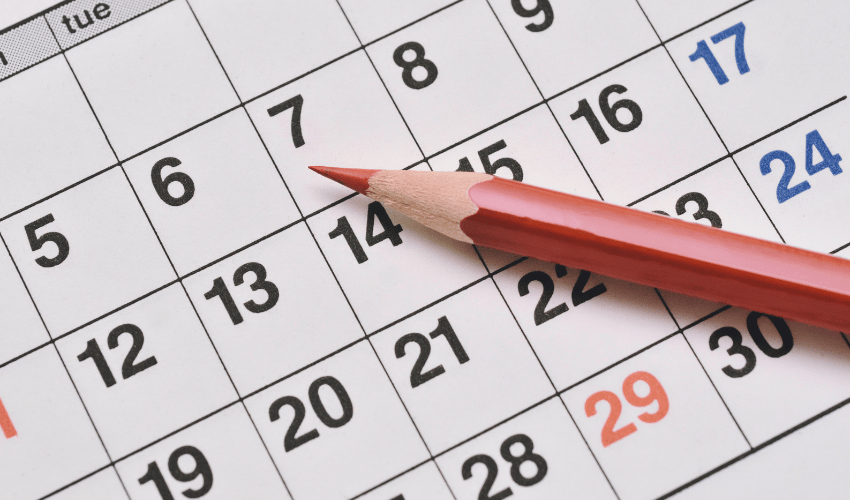A foreigner may have a number of issues when looking for employment in Japan.
What, for instance, is the Japanese interview process like, and how can I avoid it?
This article will explain the proper attire and etiquette for a job-hunting trip to Japan.
When you understand your attire and protocol, you can conduct the interview boldly!
1. Interviews don’t just involve reviewing one’s employment history.
Employers don’t just want to know about your background.
For both you and the employer, the interview is a crucial test of whether you and the hiring manager have the appropriate personality, skills, and fit for the company.
We even check your manners and manners, and how well you are dressed and groomed for the interview.
Being well-presented in front of the other party is said to be a great thing in Japan.
This is because it calls for consideration for the other person’s needs and attention to detail.
So, being well-maintained and well-mannered can make a great impression.
2. What should I wear to an interview to make a good impression?
Second, we’ll talk about typical interview attire.
Clothing for Men
suit and pale shirt are clean, crease-free, and stain-free.
Tie-offs should be in non-flamboyant patterns and be in black blue, green, or another subdued colors.
The soles are dark.
- Shoes should be clean and properly smooth leather shoes.
- Remove all jewelry except wedding rings.
Clothing for Women
- Simple, fresh clothing (example: Jacket and knee-length skirt or pants, black, navy blue, white, etc.)
- Wear shoes with heels and invisible toes.
- Use just the smallest and least dazzling accessories.
- Natural make-up.
Has the trend changed lately?
In Japan, interviews are typically conducted in significantly more formal clothing suitable for business as described above.
Lately, however, the trend has changed a bit.
Increasingly, companies are specifying “casual attire” or “personalized, everyday clothing”.
3. Manners you should learn at a job interview in japan
Be punctual
Being late for an interview is not appropriate.
It is best to arrive 5 to 10 minutes before the interview time.
If you are going to be soon because of a train or other delay, call the interviewer as soon as you know.
Greet them effectively at the beginning
In Japan, there is a culture of valuing greetings.
By greeting people correctly, you can make a good impression.
Listen carefully to the recruiter with proper posture
During the interview, sit a small shallower in your chair and straighten your back so that you are not hunched over. Maintain good posture to the extent that you do not hit the backrest.
And listen carefully to what the recruiter says. Nodding often is also a great idea.
Hiring managers likewise look carefully at how you behave during the interview.
Be mindful of how your impression will be perceived by others.
4. Things to keep in mind during the interview in Japan
How to speak during an interview
Speak respectfully during the interview.
Do no use slang that would be used in daily conversation.
For example, it is never good to say “yes sure “and “yes” twice.
Use honorifics and be conscious of polite language.
If you are not yet accustomed to speaking in Chinese, it is best to speak slowly.
Answers to personal questions
In interviews in Japan, specific questions about family size and living environment are generally prohibited.
If you are asked for a question, it is best to say, “This is not directly related to the job, but please let me refrain from answering”.
But some of them may have a reason.
For example, questions about your hobbies may be asked to learn about your personality, to see if you would be a good fit for the company, or to lighten the mood.
So, there is no problem in answering seriously.
Humility is essential
While it is important to showcase one’s skills and accomplishments, humility is also considered essential in Japan.
Showing off too much of yourself or boasting about your accomplishments may give the same impression.
Questions to ask at the end of the interview
At the end of the interview, the recruiter will ask you, “Do you have any questions”?
Asking questions of the hiring manager is your chance to confirm what you are interested in and to show that you are interested in the company.
However, be careful not to ask questions that are tricky for the recruiter to answer, such as salary or raises, as this can be destructive.
It is better to ask and confirm these questions after you have been contacted for employment.
If you are not certain what questions to ask, ask questions about your workplace or job.
Sample question
- Do you have international staff working for you?
- What are the expectations of the position you are recruiting for?
- What is the atmosphere like at the workplace?
Conclusion
There are many different manners to conduct an interview in Japan. You may find it difficult to get used to them.
But, in Japan, dressing appropriately is a essential and crucial part of the interview process.
Understand interview etiquette and methods to overcome your job search in Japan with confidence!
Frequently Asked Questions
1. Why is it essential to be properly dressed?
In Japan, it is said that being well dressed gives a great impression to others.
This is because it implies attention to detail and respect for the other person.
Appropriate dress and grooming will help you make a great first impression.
2. What is acceptable attire for an interview?
Clothing for Men
- Clean, wrinkle and stain-free attire: suit and white shirt.
- Ties should be black blue, green, or another subdued colors with non-flamboyant patterns.
- Socks are dark.
- Shoes should be clean and properly smooth leather shoes.
- Remove all jewelry except wedding rings.
Clothing for Women
- Simple, clear clothing (example: Jacket and knee-length skirt or pants, black, navy blue, white, etc.)
- Wear shoes with heels and buried toes.
- Use only the smallest and least bright accessories.
- Natural makeup.
Generally, slightly more formal attire is preferred as described above, but more and more companies these days are specifying “casual attire” or “your normal daily clothes “.



